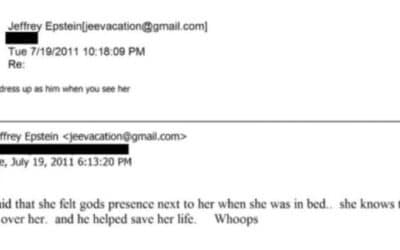“[E]very person must take his life and every nation must take its history as it comes; nothing is more useless than complaining over errors that can no longer be rectified, nothing more vain than regret. Neither as judges allotting praise and blame nor as avengers seeking out the guilty should we face the past. We seek truth, not guilt; we want to know how things came about to understand them, not to issue condemnations. Whoever approaches history the way a prosecutor approaches the documents of a criminal case—to find material for indictments—had better stay away from it. It is not the task of history to gratify the need of the masses for heroes and scapegoats.
“That is the position a nation should take toward its history. It is not the task of history to project the hatred and disagreements of the present back into the past and to draw from battles fought long ago weapons for the disputes of one’s own time. History should teach us to recognize causes and to understand driving forces; and when we understand everything, we will forgive everything.”
–Ludwig von Mises, Nation, State, and Economy, 1919






























